If your toddler won’t eat dinner, you’re in the right place!
This is one of the most frustrating issues for parents, so if this is you, you’re not alone. Here are five key reasons your child might be refusing dinner and solutions for what you can do about it.
While having kids is one of the most fun and rewarding life adventures, it can also be one of the most challenging. And who knew that food would fair near the top of the list for parenting struggles?
When children are younger they’re often more adaptable to trying new foods. When they hit toddler years, they tend to exert big opinions in all areas of life, and food is one of them. If your toddler was once an easy-going eater, and now refuses dinner, it may be a phase, but there are some things you can assess and adjust.


As a mom and dietitian who’s worked with many families, I can assure you there are times when skipping a meal is perfectly normal. In fact, kids are naturally intuitive eaters, and if they’re not hungry they won’t eat. As parents we want to honor their ability to listen to their little bodies.
However, if your child is consistently skipping dinner but running and begging for snacks right after, here are some things to consider:
Why your toddler won’t eat dinner but then asks for snacks.
Timing: They’re not hungry.
If your child is snacking right before dinner time or grazing all afternoon, they likely won’t be hungry enough to eat dinner. Or they might have a different rhythm than you and the rest of the family. Depending on their internal clock, they may tend to eat more earlier in the day or mid-afternoon and not be hungry for something substantial at dinner time.
What to do: Plan afternoon snack for 1.5-2 hours before dinner. You decide what to offer, and allow them to eat as much or as little at that time. Once snack time is over, avoid grazing, and plan for the next eating time to be dinner. If your child continues to skip dinner and it’s not problematic (they go to bed and sleep well) then honor their intuitive ability to self-regulate their intake.
Food preference: Not serving foods they like or want.
For many families, dinners are more thought out meals with multiple components and greater diversity. Often, dinner includes foods with more sauces, mixed meals like casseroles, or new foods. While this is a wonderful opportunity to expose young children to new foods and for parents to demonstrate eating them, it could also turn your child away from eating.
What to do: Always include something you know your child likes to eat. If you’re serving a mixed pasta dish, leave some pasta plain and add a side of bread and butter. The caveat is to not only serve your child the plain pasta, bread, and butter, but to put out all the food so they are still being given the opportunity to try new foods.
Role reversal: They’re in control of what’s offered.
If your child refuses to eat and you get in the habit of making them a separate meal or allowing them to choose snacks right after dinner, they’ve taken over your role in feeding. The parent’s job is to decide what, when, and where food is offered. The child’s job is to decide to eat, or not, from the food provided. So if you’re “giving in” and allowing them to choose their food, they’re going to continue the same behavior, because it works.
What to do: Practice Ellyn Satter’s Divison of Responsibility in feeding. Honor your role of choosing the food and allow your child to eat or not eat. Just make sure to apply the principle above, and always offer foods you know they like. If there’s time between dinner and bed, choose to offer an evening snack, but you still decide the food.
Snack foods are more fun and exciting: They think of them as a separate type of food.
Sometimes snacks are thought of as a specific type of food, such as chips, crackers, granola bars, or other packaged foods. They may be holding out on dinner because they want what appears to be a more enticing food.
What to do: Try offering some of the typical snack foods as a side with dinner, such as sometimes having chips or crackers. On the other hand, treat snacks like mini-meals as opposed to a specific type of food. For more on this, check out 7 Reasons Your Kid Snacks All Day.
Meals are dreadful: Your child wants to leave.
Think about the mealtime environment. If your child feels pressure to eat, such as having large portions on their plate or being told they have to try a bite of everything, they’re not going to want to stay and eat. They also may be absorbing that stress and feeling anxious and therefore, not hungry. Other causes for leaving may be fighting or boredom.
What to do: Allow your child to serve themself if possible, or start with small portions. Try to lighten the mood at mealtimes by playing games or listening to music. For more on this, read Get Your Kid to Stay at the Table.
Skipping meals is a normal stage for toddlers and for all children when they’re allowed to eat intuitively. However, if it’s an ongoing pattern or it’s problematic, you likely want to assess any underlying causes and make adjustments.
At the end of the day, you’re in charge of the food. Maintain your role, but respond to their needs. If your toddler won’t eat dinner because their patterns don’t align, offer an evening snack you choose so they’re satisfied and can get through the night.


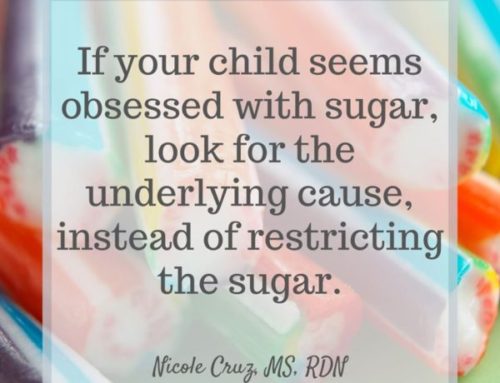
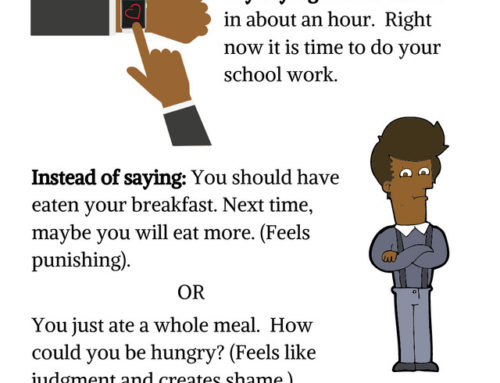
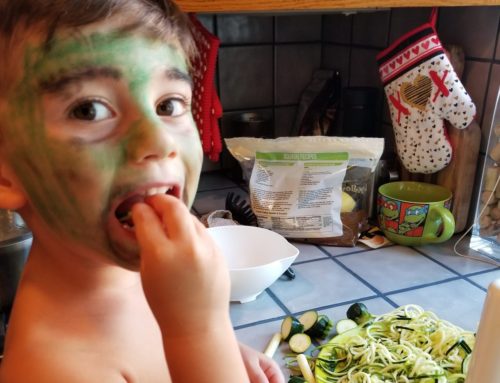
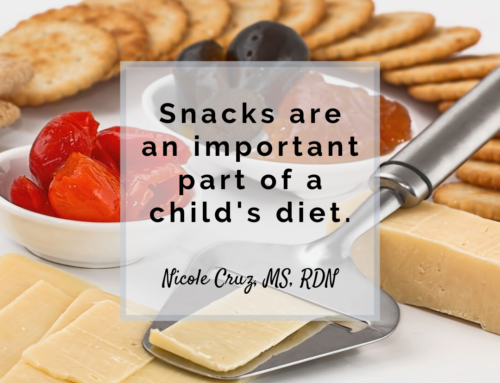
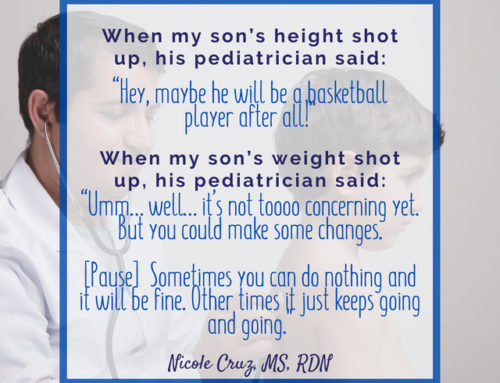
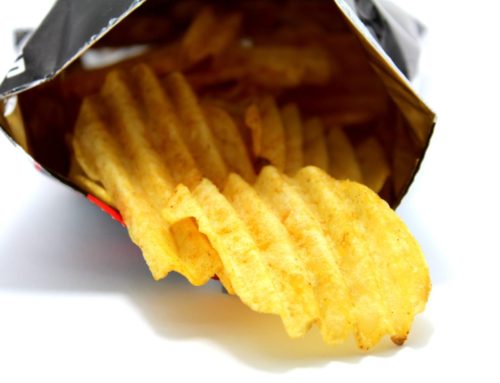
Leave A Comment